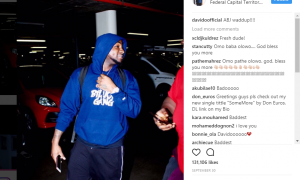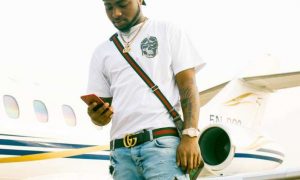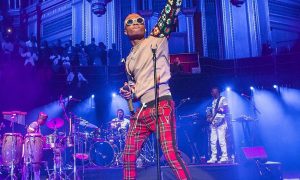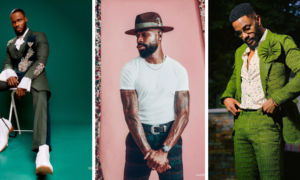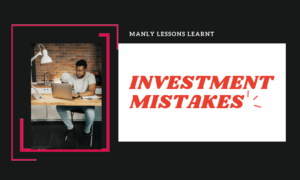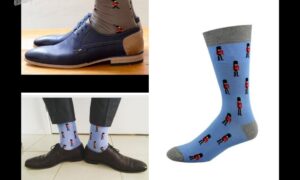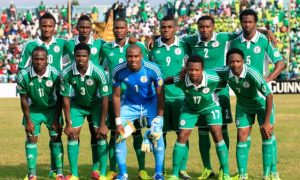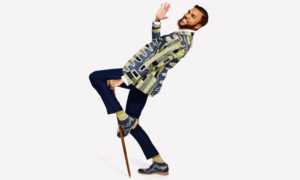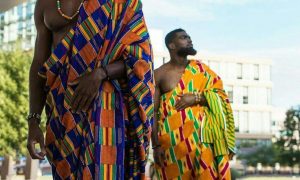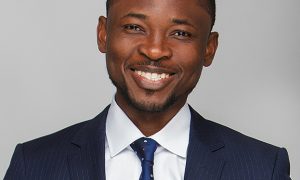It is no news that Davido is a successful musician both in Nigerian and beyond.The original Omo Baba Olowo has mastered the art of entertaining us with the right songs and his consistency never fails to motivate us.
Read a few excerpts from his interview with Fader Magazine titled “How Davido Became African Pop Music’s Fortunate Son”.
On Him & Wizkid
“Me and Wizkid, we’re the best,” says Davido. “If one telecoms comes to me, the other one will go meet him. If Coke comes to me, Pepsi goes to him. Whether or not it’s true, they make it feel like it can only be one of us. I think there’s enough for all of us to eat, but then sometimes it can feel like only one person will win.”
How He Makes Business Decision
“My business decisions, they’re not by accident,” Davido says. “I have a father that’s made billions [of Naira]. When he tells me, ‘Make this move,’ I listen to him.”
He Used to Idolize Dbanj
“Guys like D’banj, they were legendary status. They were doing shows internationally,” Davido says. “I was looking at them like, Damn, these guys are really big out here. Can I do this African thing? I need to take the opportunity now.”
On going International
The Sony deal, which was brokered in part by Nigerian-born, U.S.-based A&R Efe Ogbeni, will provide him with new resources to reach American and European fans. Davido envisions snagging an opening spot on a prime U.S. tour, a big push for a crossover single, and other traditional major-label marketing. Baddest will feature non-African artists—Future will appear on at least one song, Davido says—and strike an overall balance between Nigerian pop and American-inspired hip-hop. “I know what kind of songs work. The music should have everything in it—Jamaican, African, American, everything. Something like Wizkid’s ‘Ojuelegba,’ it has a cool feel to it,” he says, nodding to the song remixed by Drake and Skepta in 2015. “But are foreigners going to come to Nigeria to listen to that all the time? No. It has to have a pop influence.”
Davido thinks he will triumph where others have struggled because of his innate cultural literacy of both the U.S. and Africa, the result of being raised between worlds. Long before the internet erased them for the rest of us, money and travel erased borders for him. “I can be in the club with Meek Mill and Future and be on a level with them,” he says. “I understand what they’re talking about. I know what the trap is. These are things that some of these other guys, they don’t have it. They can’t have these conversations with the rappers, so how can they have them with the fans?”
Photography: Travys Owen



